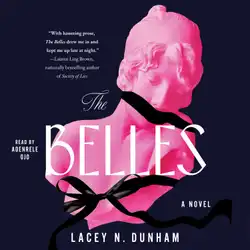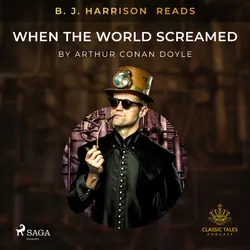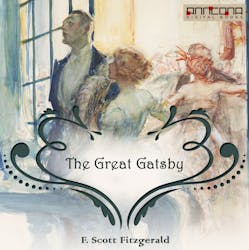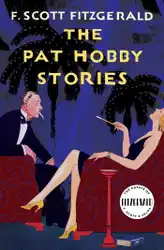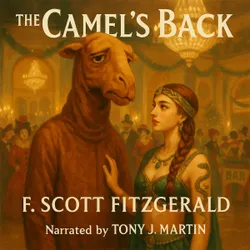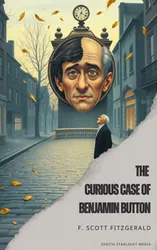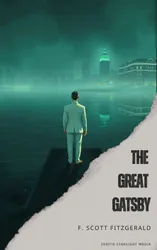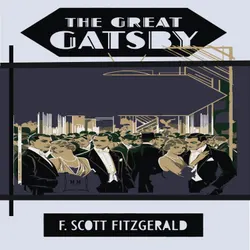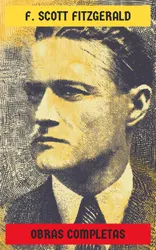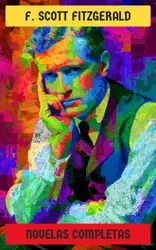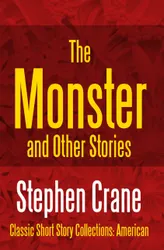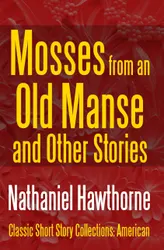Flappers and Philosophers was F. Scott Fitzgerald's initial encore - his first collection of short fiction, published in 1920 to capitalize on the success of This Side of Paradise, the novel that had made him famous at the age of twenty-three. Some of his best early stories are included here: 'The Offshore Pirate', 'Bernice Bobs Her Hair', 'The Ice Palace' and 'Benediction'. In these narratives Fitzgerald presented his prototypical Jazz-Age heroines, beautiful and wilful young women who later became trademarks of his fiction.
*Flappers and Philosophers* marked F. Scott Fitzgerald's entry into the realm of the short story, in which he adroitly proved himself "a master of the mechanism of short story technique" *(Boston Transcript).* Several of his most beloved tales are represented in this collection of eight, with their particularly O. Henry-like twists; the poignant "Benediction" and "The Cut-Glass Bowl"; and "The Offshore Pirate," the octet's opening and most romantic story. It is a collection of masterful short works from an American literary icon that led *The New York Times Book Review* to note that "[no one] can fail to recognize Mr. Fitzgerald's talent and genius."
Encompassing the very best of F. Scott Fitzgerald's short fiction, this collection spans his career, from the early stories of the glittering Jazz Age, through the lost hopes of the thirties, to the last, twilight decade of his life. It brings together his most famous stories, including 'The Diamond as Big as the Ritz', a fairy tale of unlimited wealth; the sad and hilarious stories of Hollywood hack Pat Hobby; and 'The Lost Decade', written in Fitzgerald's last years.
The
Offshore Pirate (excerpt)
This unlikely story begins on a sea that was a
blue dream, as colorful as blue-silk stockings, and beneath a sky as
blue as the irises of children's eyes. From the western half of the
sky the sun was shying little golden disks at the sea—if you gazed
intently enough you could see them skip from wave tip to wave tip
until they joined a broad collar of golden coin that was collecting
half a mile out and would eventually be a dazzling sunset. About
half-way between the Florida shore and the golden collar a white
steam-yacht, very young and graceful, was riding at anchor and under
a blue-and-white awning aft a yellow-haired girl reclined in a wicker
settee reading The Revolt of the Angels, by Anatole France.
She was about nineteen, slender and supple, with a
spoiled alluring mouth and quick gray eyes full of a radiant
curiosity. Her feet, stockingless, and adorned rather than clad in
blue-satin slippers which swung nonchalantly from her toes, were
perched on the arm of a settee adjoining the one she occupied. And as
she read she intermittently regaled herself by a faint application to
her tongue of a half-lemon that she held in her hand. The other half,
sucked dry, lay on the deck at her feet and rocked very gently to and
fro at the almost imperceptible motion of the tide.
The second half-lemon was well-nigh pulpless and
the golden collar had grown astonishing in width, when suddenly the
drowsy silence which enveloped the yacht was broken by the sound of
heavy footsteps and an elderly man topped with orderly gray hair and
clad in a white-flannel suit appeared at the head of the
companionway. There he paused for a moment until his eyes became
accustomed to the sun, and then seeing the girl under the awning he
uttered a long even grunt of disapproval.
If he had intended thereby to obtain a rise of any
sort he was doomed to disappointment. The girl calmly turned over two
pages, turned back one, raised the lemon mechanically to tasting
distance, and then very faintly but quite unmistakably yawned...




